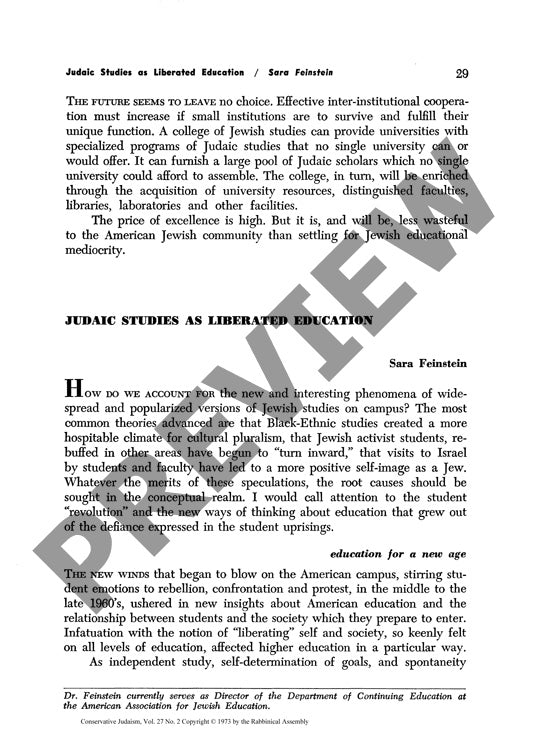Judaic Studies as Liberated Education
Couldn't load pickup availability
The rise of Judaic studies programs in American universities during the late 1960s and early 1970s emerged not merely as a response to ethnic studies trends, but as an expression of student liberation and self-determination. Through qualitative analysis and case studies, particularly examining Hampshire College's Holocaust studies program, three critical elements surface as essential for successful program implementation: student initiative, administrative receptiveness, and Jewish communal involvement. Student demands for personal identity exploration and independent study, hallmarks of the broader 1960s liberation movement, drove the expansion of Jewish studies across campuses. These programs created spaces where Jewish students could pursue self-definition and spiritual fulfillment within an academically rigorous framework - distinct from traditional Jewish education in both approach and voluntary nature. The analysis reveals ongoing tension between Jewish community support and purely academic governance, while demonstrating how college Judaica serves complementary functions in Jewish identity formation and cultural transmission within American higher education.

More Information
-
Physical Description
-
Publication Information
Published 1973
ISBN
-
Publication Credits
Sara Feinstein

